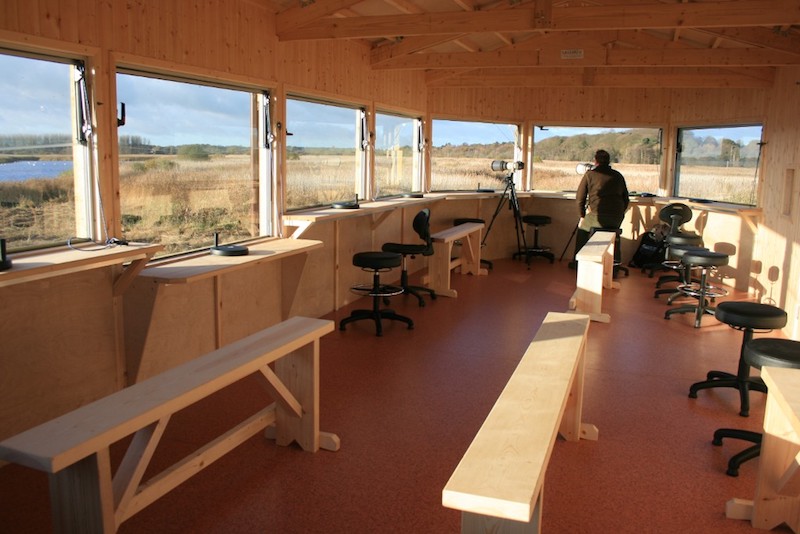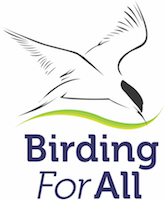This article first appeared in the November 2020 edition of Birdwatching Magazine
In my capacity as an opinionated loudmouth, I have several times lately been invited to the opening of new facilities at reserves. This follows requested diversity and disability provision input to plans …or simply because I’ve nagged and cajoled when nobody asked me to comment.
Two decades ago, as my ability to walk further diminished I selfishly called upon providers to take note of my needs. At that time few had woken up to the fact that not everyone who loves nature is a six-foot tall, young man with the boundless energy to walk miles around the countryside while having the strength to carry weighty optics. They had just figured out that there were a few young, strong, fit blokes who had to use wheelchairs.
Despite the marches I went on in the sixties nobody much cared about the countryside access needs of old, black, women with rheumatoid arthritis, let alone young, gay, lads with ME.
I’m exceedingly pleased to say that, as a society, we have begun to show some maturity and no-longer care what you do, or with whom you do it, so long as it’s by mutual agreement. Of course, there are ignorant idiots who cannot see beyond ethnicity, gender, religion or sexuality, but most of us rejoice in difference and embrace it wholeheartedly. Warblers are no better or worse than waders, raptors and rollers can be enjoyed for their uniqueness no matter the colour of their feathers, length of their legs or their prey preferences.
However, humans tend to look for the easiest solutions. Given a diversity of need we seem hard-wired to find common denominators. Why make socks in seven sizes when you can make them stretchy and ‘one-size-fits-all’? Well, I’m about to tell you why! The answer is… …one size most definitely does NOT fit all. Making shoes in average sizes would mean, I suppose all of us wearing size-six shoes. My toes would be bursting through the uppers, while yours would be sliding about, if you could keep them from falling off! We don’t make shoes that way, so why on earth do we persist in making viewing hides that way?
Almost every hide you sit in will have a series of viewing slots all at the same height, with an ‘elbow shelf’ also at one height. Identical wooden benches will be provided, from which you will stretch up to unlock or secure the slot covers.
Enlightened providers will have removed one bench and extended the hide front so that wheelchair users can slip neatly in place, where they might well be unable to reach up to open the slot cover, or rest their elbows on a too high shelf so that holding their binoculars steady they should get a reasonable view of the spider webs on the ceiling!
A togger might find the height just right for sticking his lens out of the slot, but his daughter might be swinging her legs under the bench while leaning forward precariously to rest her elbows and position her bins just right if she is keen on orchids and bees being only able to see the lakeside below the window! Don’t even ask where auntie is… two hundred yards back trying to manoeuvre her mobility scooter through a kissing gate designed to enable wheelchairs in, but keep motorbikes out.

Variety – Good Design at the new Mere Hide at Minsmere
People come in all sorts of shapes and sizes, with varying needs. A standard hide might be cheap, but it’s unfit for purpose. Variety is not just the spice of life, it’s the only fair way of making hides accessible to all!





